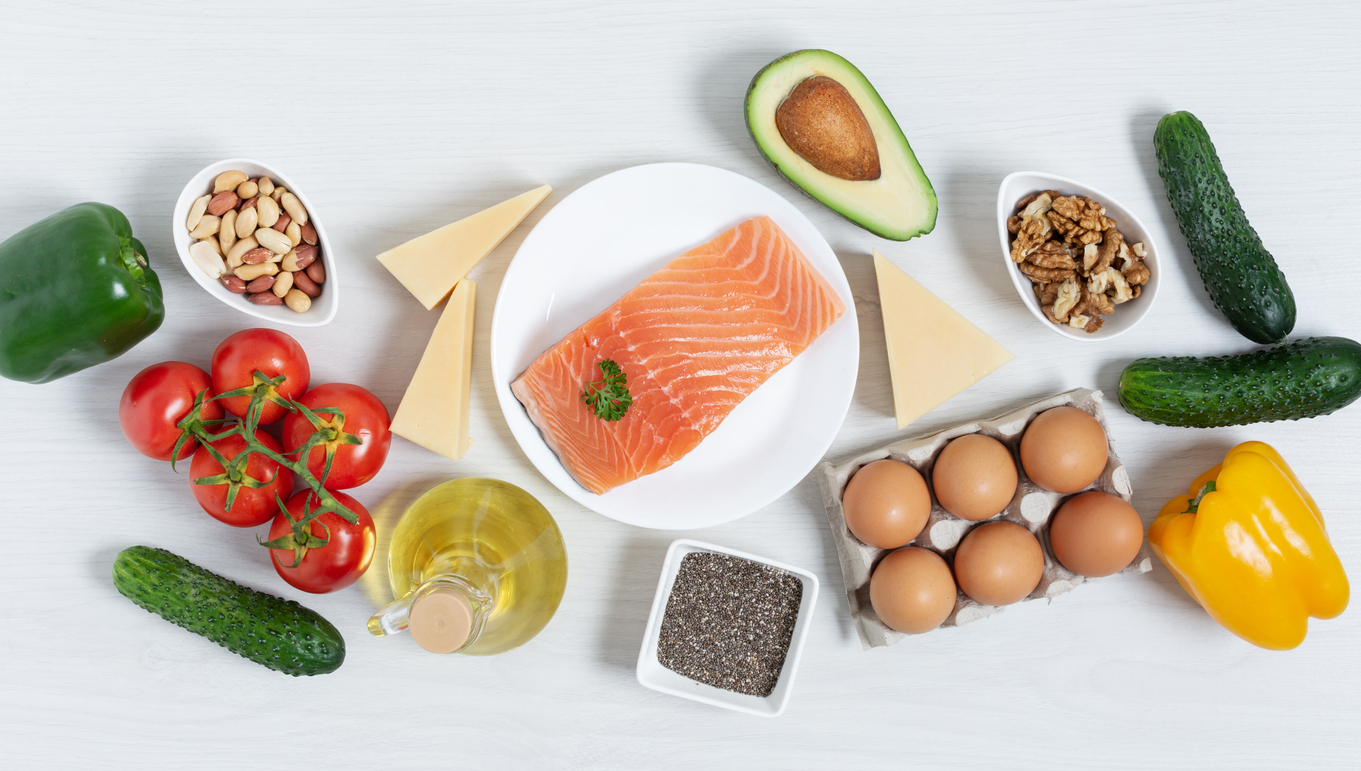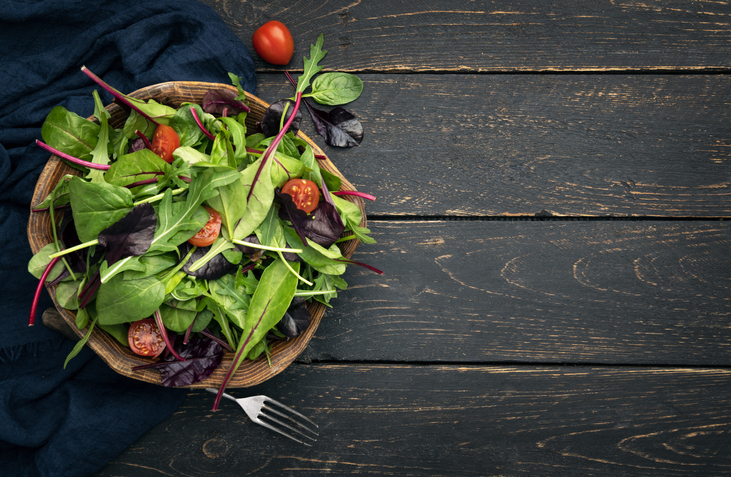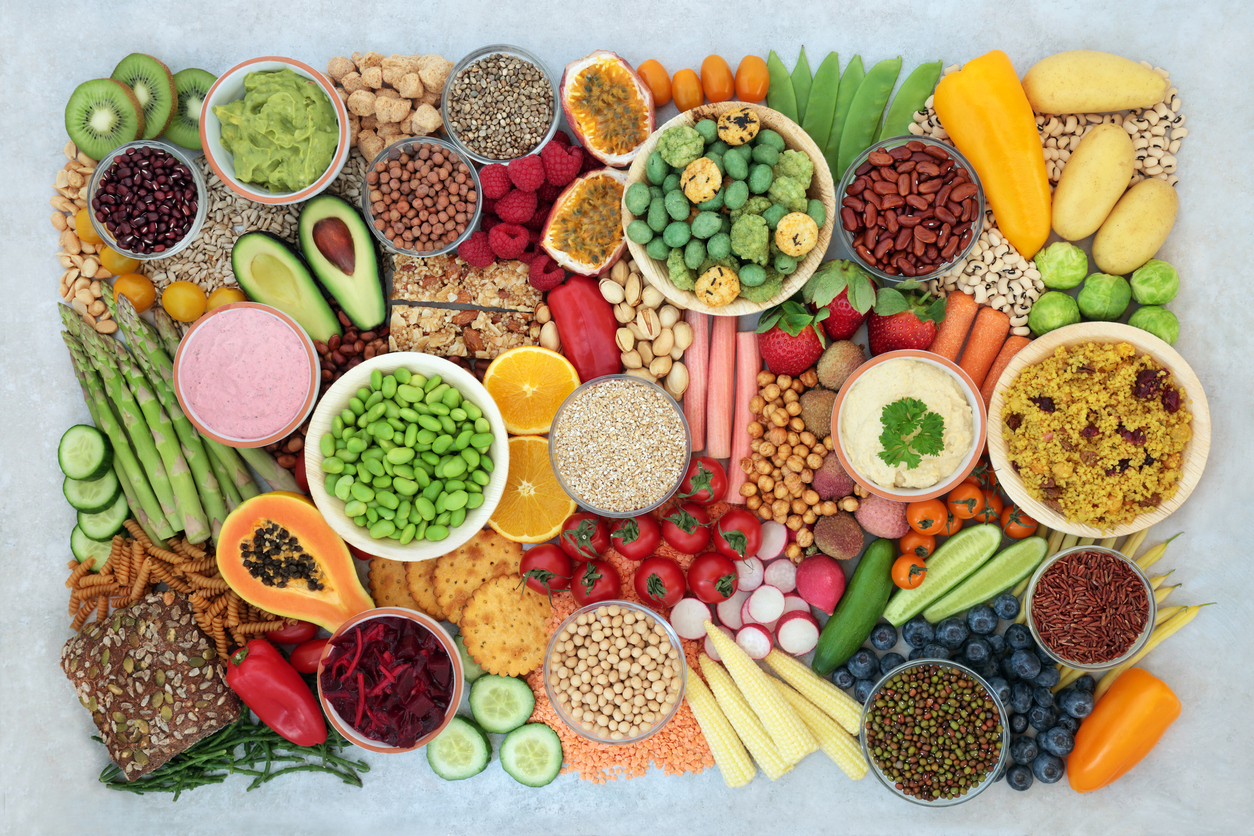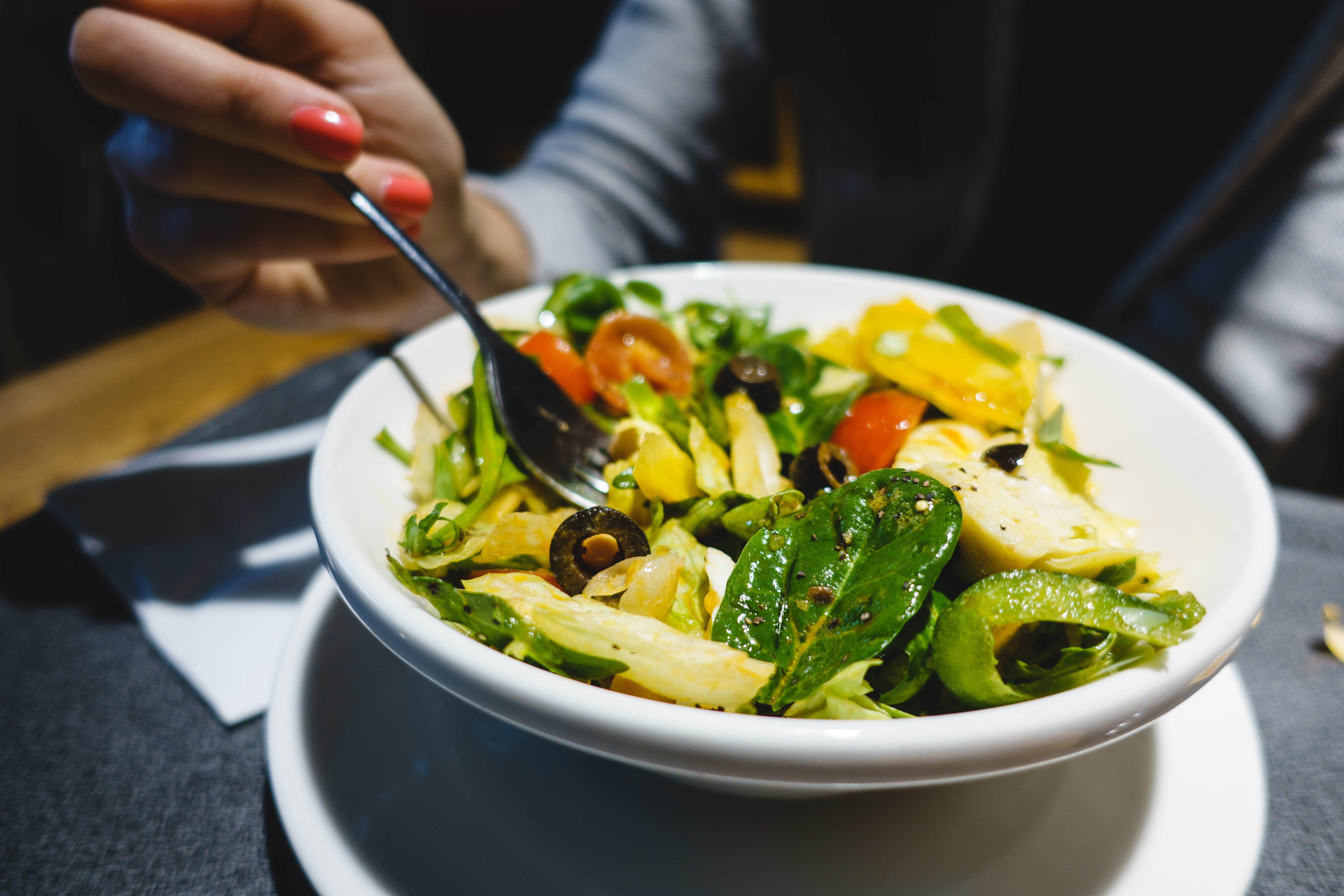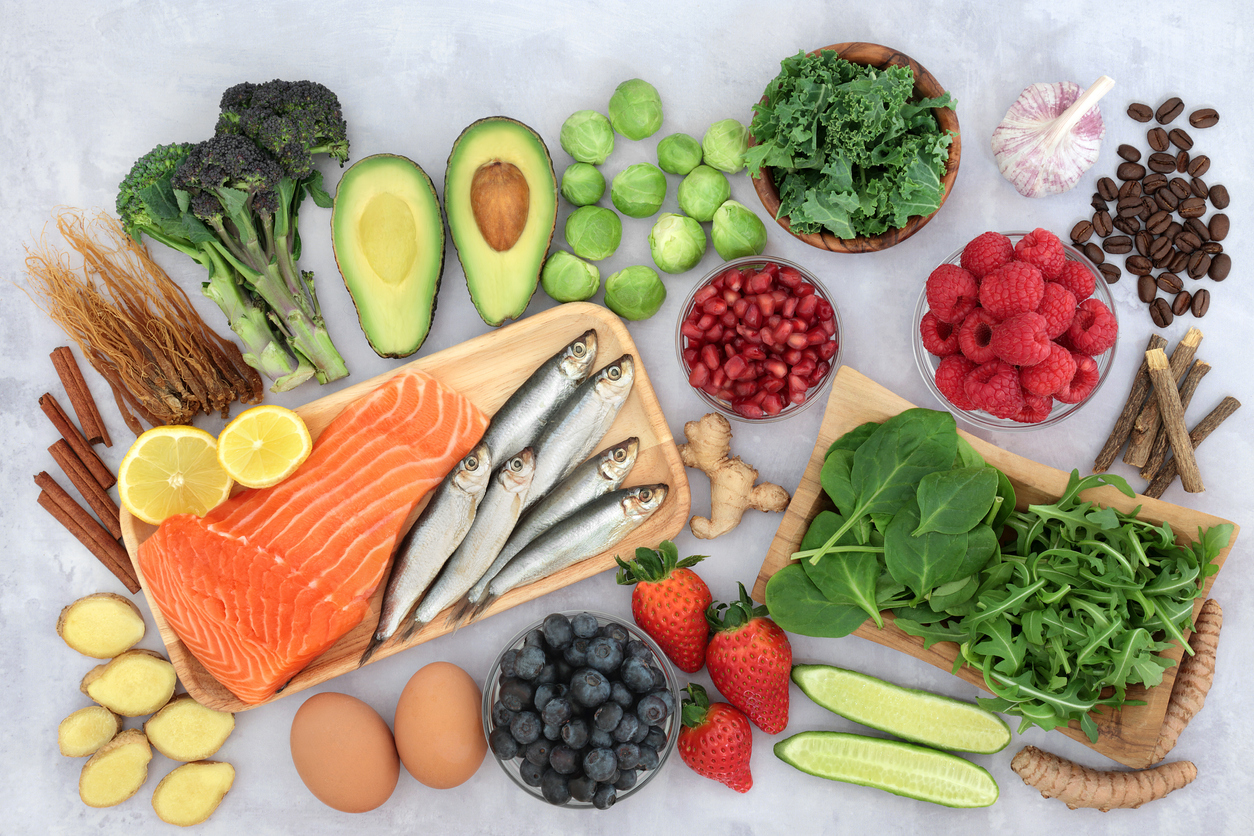Wellness
The Importance of a Protein-Rich Diet When Dealing With Chronic Pain
Source: Practical Pain Management, National Center for Biotechnology Information: U.S. National Library of Medicine: National Institutes of Health, Cleveland Clinic, National Center for Biotechnology Information: U.S. National Library of Medicine: National Institutes of Health

27 people found this helpful
Print
Share
Save
Nutrition is an important factor in the treatment and management of chronic pain. Many foods have anti-inflammatory benefits, others contain natural medicinal qualities, while others may increase inflammation. One dietary suggestion intended to relieve chronic pain is to eat more protein.
Benefits of protein for chronic pain
Additional protein intake has been shown to decrease chronic pain levels in several studies. There are various reasons that a protein-rich diet could prove beneficial in the treatment of chronic pain. They include, but are not limited to, the following:
- Proteins are composed of amino acids, which help develop muscle, cartilage, and intervertebral discs. Since muscle-wasting often occurs with chronic pain, the ability to rebuild muscle mass is significant. A high-protein diet can aid in the restructuring of muscle and cartilage that is broken down due to certain pain conditions.
- Amino acids found in animal proteins enter the bloodstream and travel to different areas of the body. Endorphins, serotonin, y-aminobutyric acid, dopamine, insulin, and thyroid hormones are made of amino acids. It is unclear how much protein is adequate for the body to produce the appropriate amounts of these compounds; however, it is clear that protein deficiency is linked to weakness that occurs from chronic pain.
- Certain protein-rich foods also contain anti-inflammatory components. Among these foods are fish and green vegetables. Studies have supported the idea that higher protein intake is related to reduced inflammation.
- Protein also activates glucagon, which is a hormone secreted by the liver. It is recommended to have protein with every meal and each time sugars or starches are consumed. This can prevent rapid insulin rises or falls and pain flares that often result from hypoglycemia.




